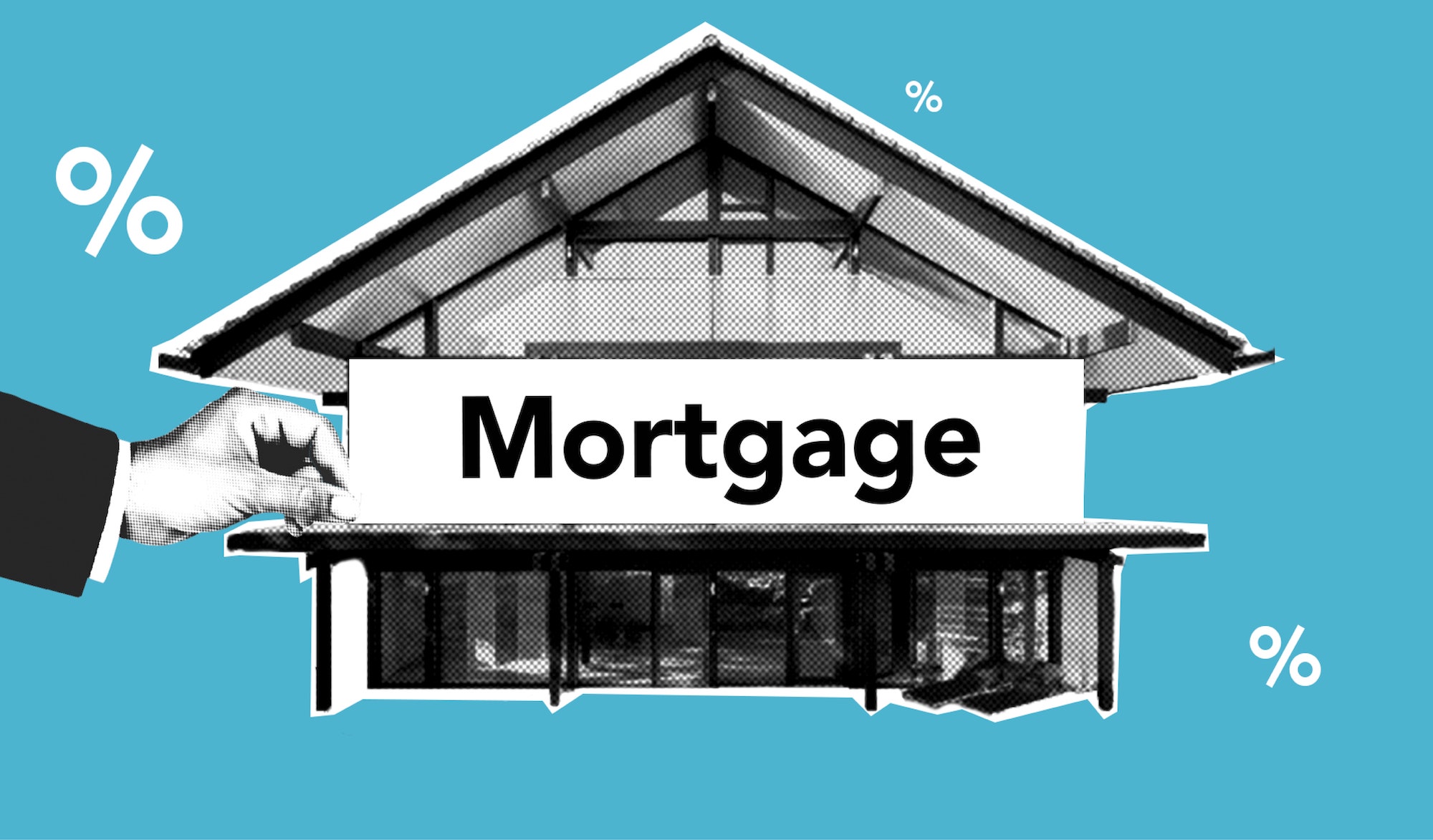Almost half (46%) of UK workers aren’t confident that they’ll have enough saved for a comfortable retirement, despite auto-enrolment bringing improvements in participation rates, research from Barnett Waddingham has revealed.
This lack of confidence was more prevalent among certain demographics, rising to 51% among women, 53% among 35–54-year-olds, and 68% for those with no pension other than the state pension.
However, Barnett Waddingham suggested this lack of confidence is “not unfounded”, explaining that while auto enrolment has increased pension participation rates, most are not saving the amount they need to, while others are falling through the gaps altogether.
Indeed, according to Barnett Waddingham’s research, one in five (20%) Brits doesn't have any private or workplace pension, increasing to 26% among women, compared to 13% of men.
It explained that auto-enrolment’s strict banding has excluded a number of savers, with 13% of working Brits excluded from auto enrolment altogether due to their income structure.
Those earning below the £10,000 auto-trigger, but above the lower earnings limit of £6,240 can opt-in to a workplace pension and receive the mandatory employer contribution.
According to the research, around 14% of people are in this position, rising to 15% among women, and 19% among those aged 18-24.
However, 11% of those entitled based on income have a DC pension which they’re not paying into, while 20% of those eligible to be opted-in based on age (22 to 65), aren’t paying into their DC pension either.
More broadly, the survey found that 70% of people who can opt in say they have done so, while nearly a third (29%) have not, and could be missing out on employer contributions and tax relief.
Barnett Waddingham partner and head of DC, Mark Futcher, commented: “The auto-enrolment legislation excludes a huge number of low earners, including almost one in ten full-time workers.
"The government has opted to keep the minimum earnings band at £10,000 a year, despite multiple calls to scrap it.
"The new Minister for Pensions must rethink this; if they don’t, it falls to employers to consider increasing remuneration to their staff to account for the lack of long-term savings.
“Separately, of the 20 million people saving into a workplace pension, the vast majority aren’t saving enough. Savings rates have plateaued at the minimum contribution level.
"The government had a ripe opportunity to include a 1% employee contribution hike every two or three years, which would have moved many people towards the recommended 12% saving rate.
"Instead, they failed to capitalise on the success; as the cost-of-living crisis worsens, it’s arguable they’ve missed their chance.”
Latest News
-
Average UK house price surpasses £300k – Halifax
-
Bank of England holds base rate at 3.75%
-
Mortgage Advice Bureau acquires Dashly
-
Bridging loans fall to lowest average completion time in eight years
-
Regulators announce first six firms to join ‘Scale-Up Unit’
-
House prices recover month-on-month in January – Nationwide
Perenna and the long-term fixed mortgage market

Content editor, Dan McGrath, spoke to head of product, proposition and distribution at Perenna, John Davison, to explore the long-term fixed mortgage market, the role that Perenna plays in this sector and the impact of the recent Autumn Budget
The role of the bridging market and technology usage in the industry
Content editor, Dan McGrath, sat down with chief operating officer at Black & White Bridging, Damien Druce, and head of development finance at Empire Global Finance, Pete Williams, to explore the role of the bridging sector, the role of AI across the industry and how the property market has fared in the Labour Government’s first year in office.
NEW BUILD IN FOCUS - NEW EPISODE OF THE MORTGAGE INSIDER PODCAST, OUT NOW

Figures from the National House-Building Council saw Q1 2025 register a 36% increase in new homes built across the UK compared with the same period last year, representing a striking development for the first-time buyer market. But with the higher cost of building, ongoing planning challenges and new and changing regulations, how sustainable is this growth? And what does it mean for brokers?
Does the North-South divide still exist in the UK housing market?

What do the most expensive parts of the country reveal about shifting demand? And why is the Manchester housing market now outperforming many southern counterparts?
In this episode of the Barclays Mortgage Insider Podcast, host Phil Spencer is joined by Lucian Cook, Head of Research at Savills, and Ross Jones, founder of Home Financial and Evolve Commercial Finance, to explore how regional trends are redefining the UK housing, mortgage and buy-to-let markets.
In this episode of the Barclays Mortgage Insider Podcast, host Phil Spencer is joined by Lucian Cook, Head of Research at Savills, and Ross Jones, founder of Home Financial and Evolve Commercial Finance, to explore how regional trends are redefining the UK housing, mortgage and buy-to-let markets.
© 2019 Perspective Publishing Privacy & Cookies










Recent Stories